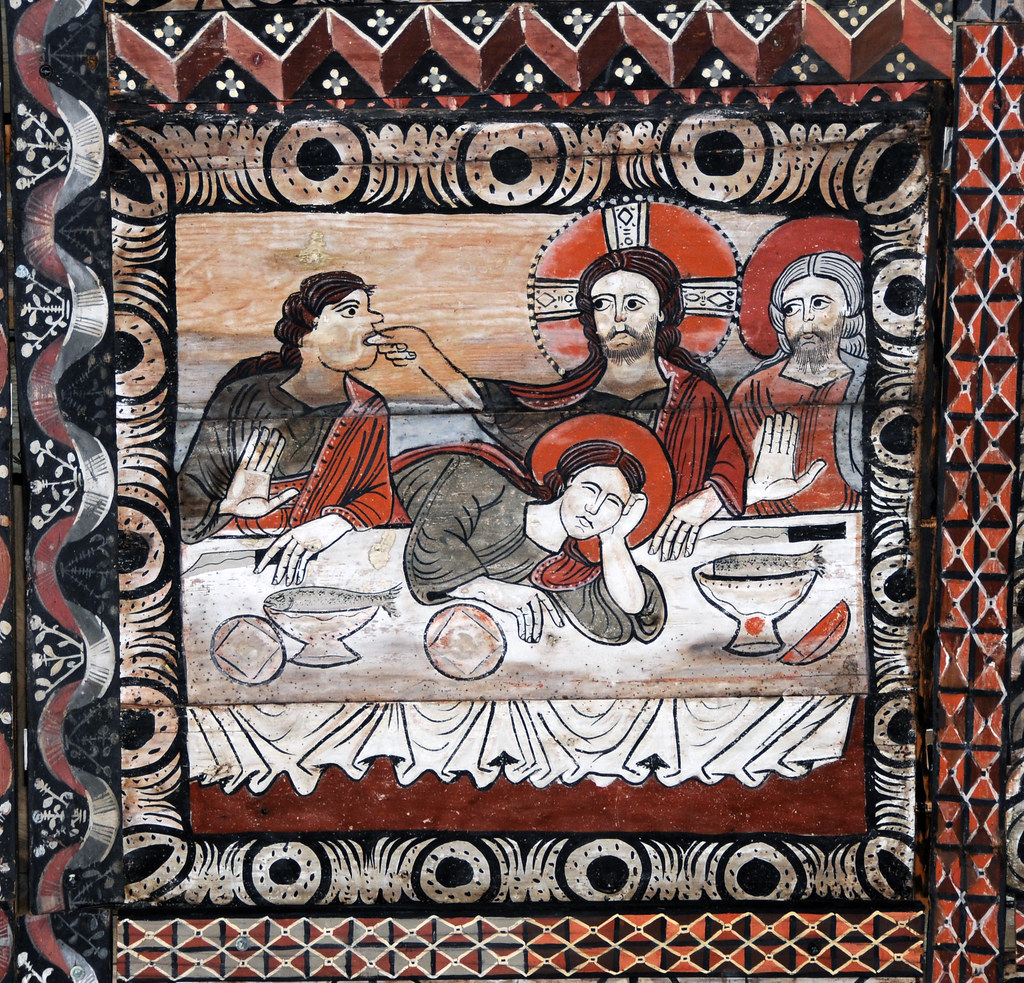“The men said to them, ‘Why
do you look for the living among the dead? He is not here, but has
risen.’” St. Luke 24:5
The Metro, as you know, is having
trouble. There are serious concerns
about financial sustainability, loads of deferred maintenance, diminishing
public trust. They’ve recruited a
no-nonsense administrator, Paul Wiedefeld, to put things in order. Earlier this month, he shut the whole thing
down for a day to repair the electric cables.
The grumbling was universal. It also
made for a very crowded Panera in Herndon and may well have proved that we can
run the Federal government just fine out of Fairfax County so long as we have decent
wi-fi.
We’re told that the cables are now
all ship-shape, and they will be on to additional projects. And I, at least am hoping they will soon move
on to the public address system. Because
if you have spent much time on Metro, you will know just how impossible it
often is to understand what is being announced to you. “Next station..mmmfmfm” or “The train will be
delayed…ffhghf.” I think the announcers
were trained by the adults on those old Charlie Brown cartoons. It’s really pretty bad. If I’m travelling by Metro, I need to stand
near the Metro map so I can tell what’s coming next.


